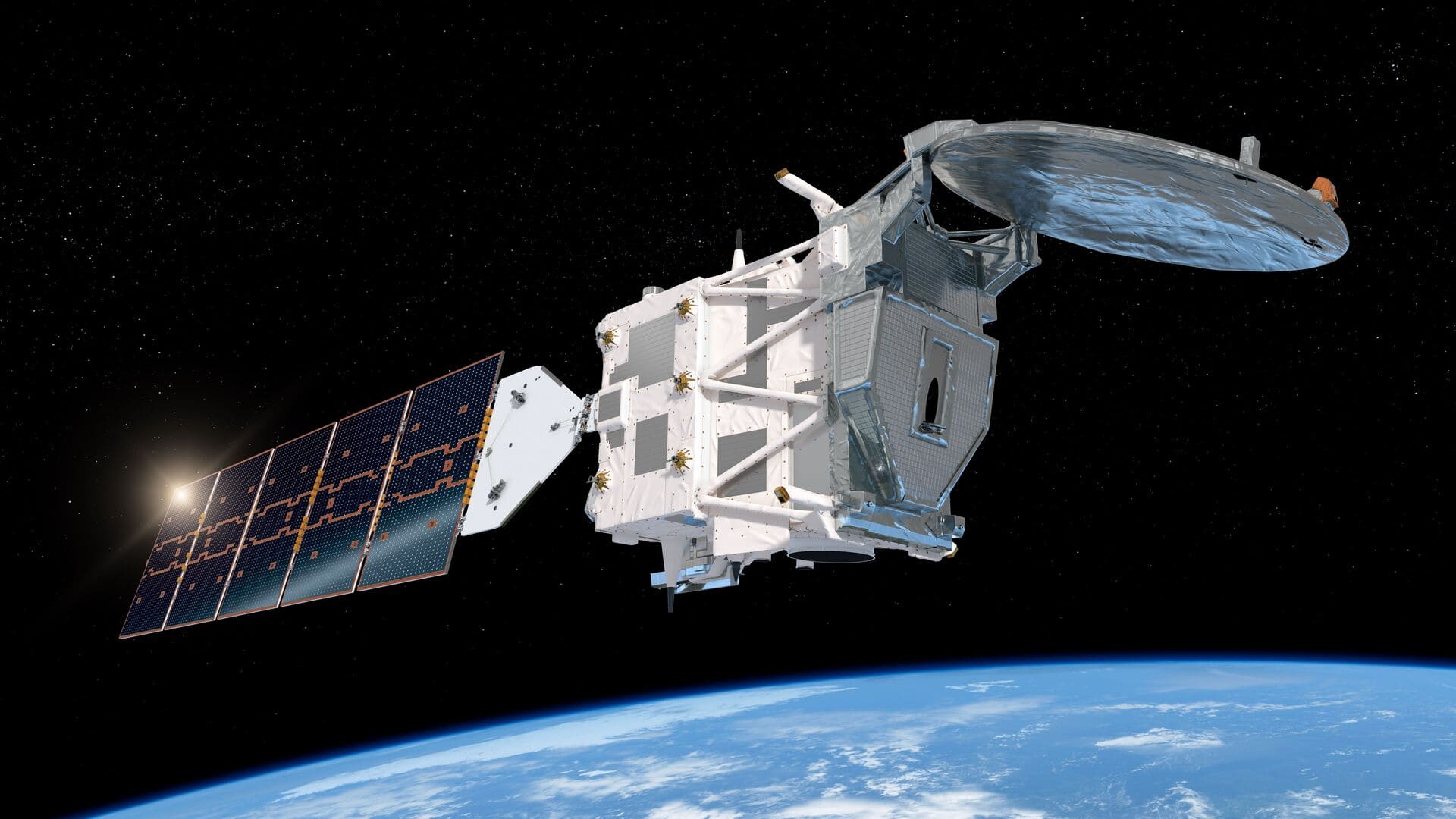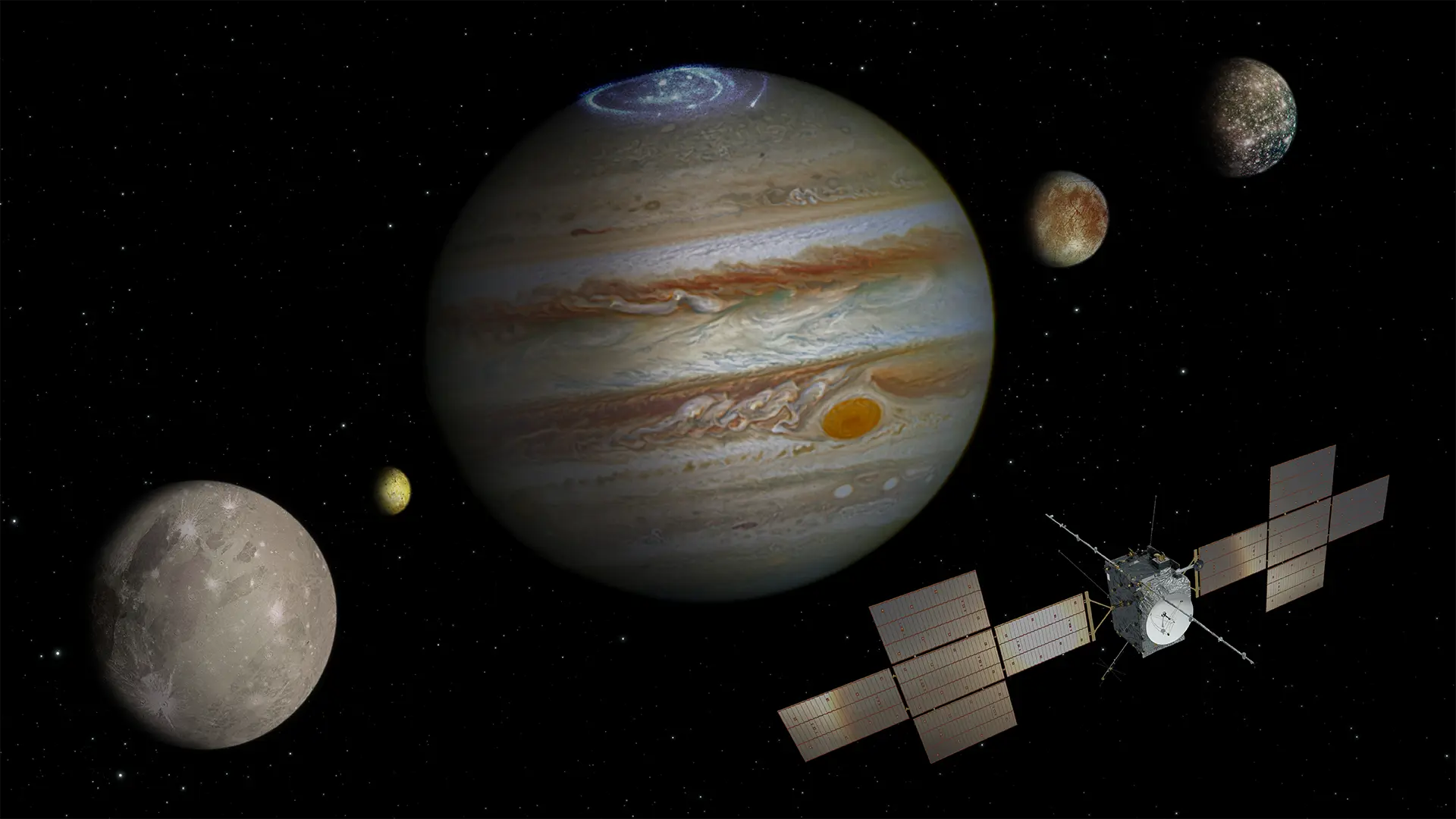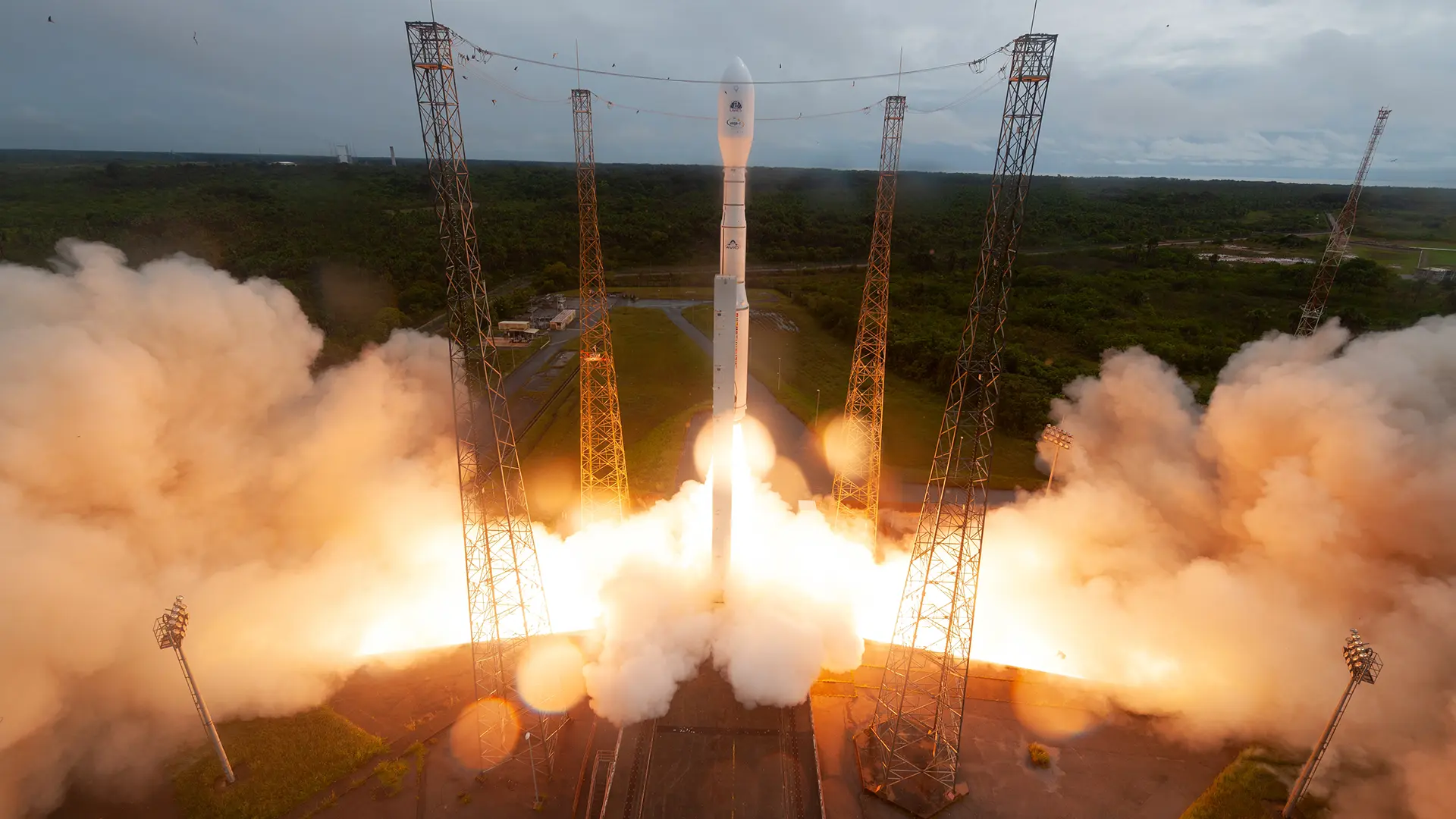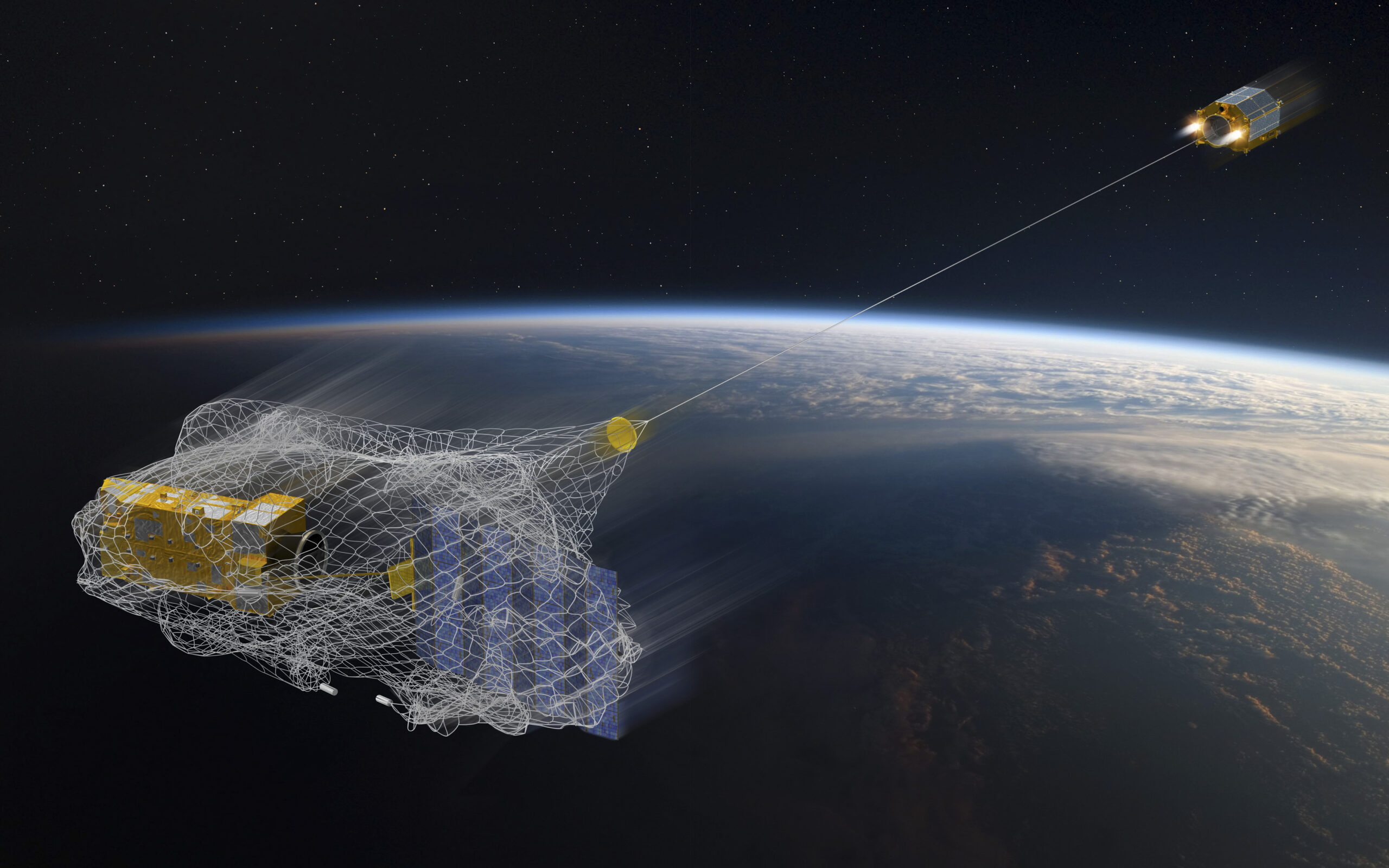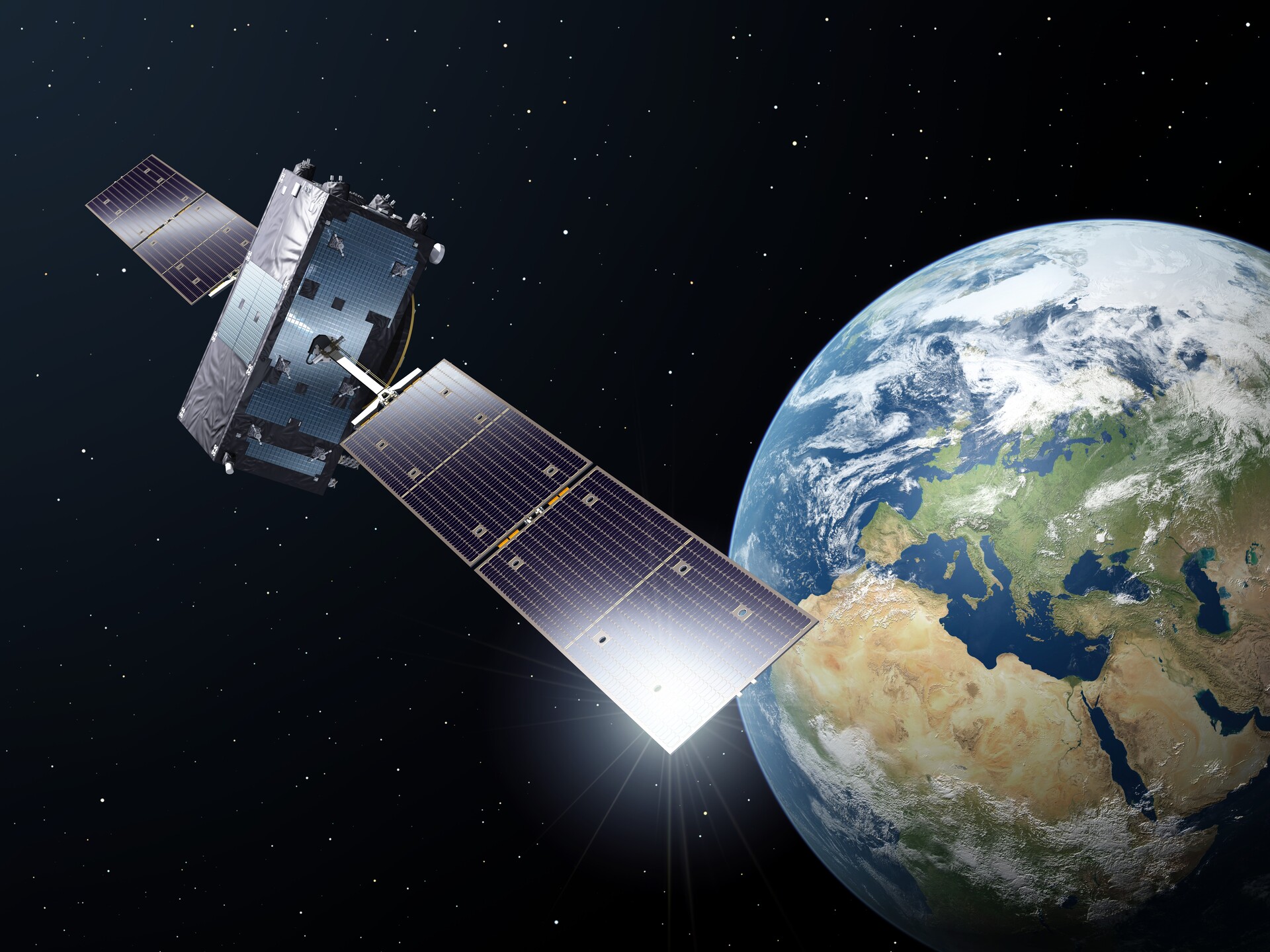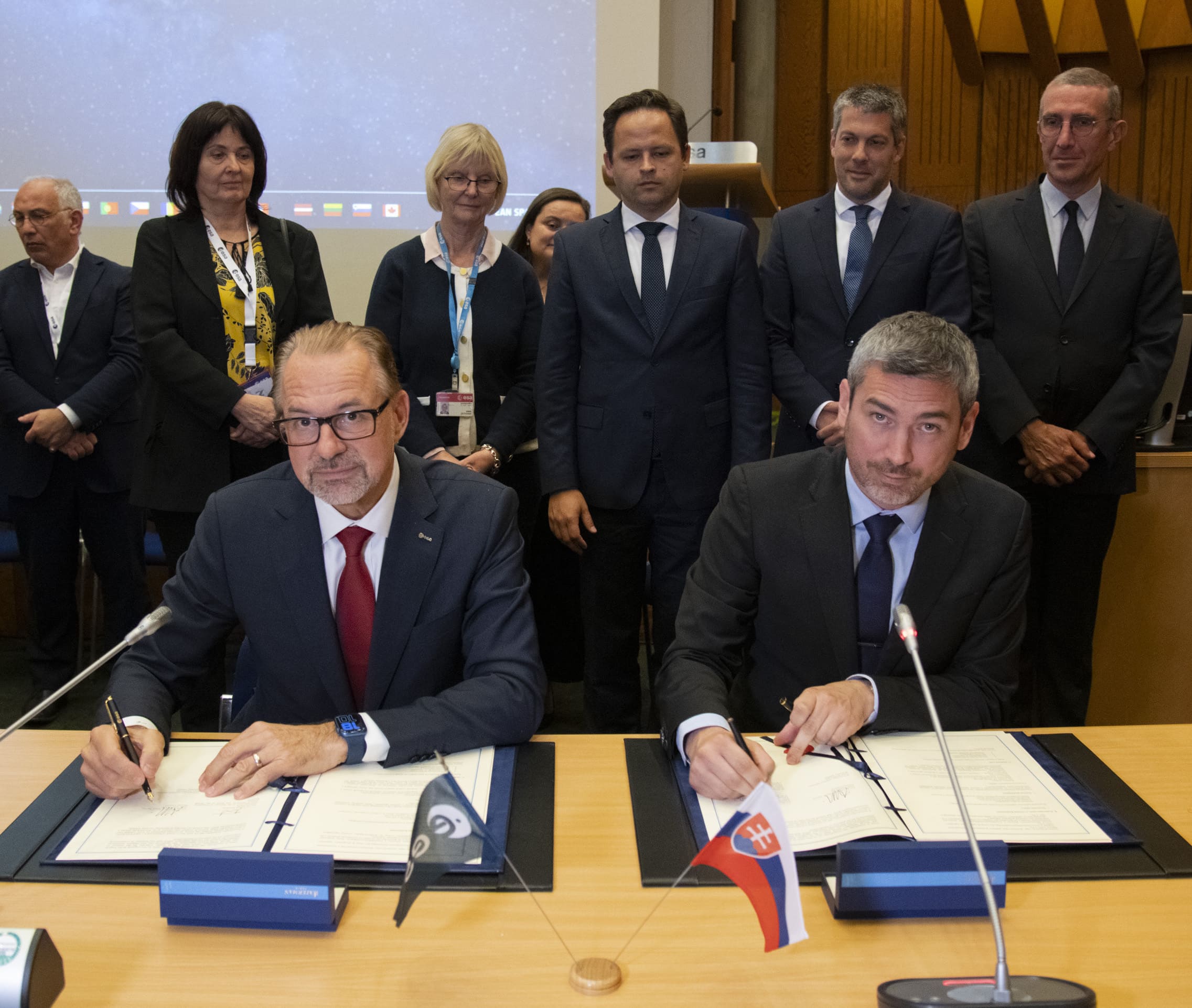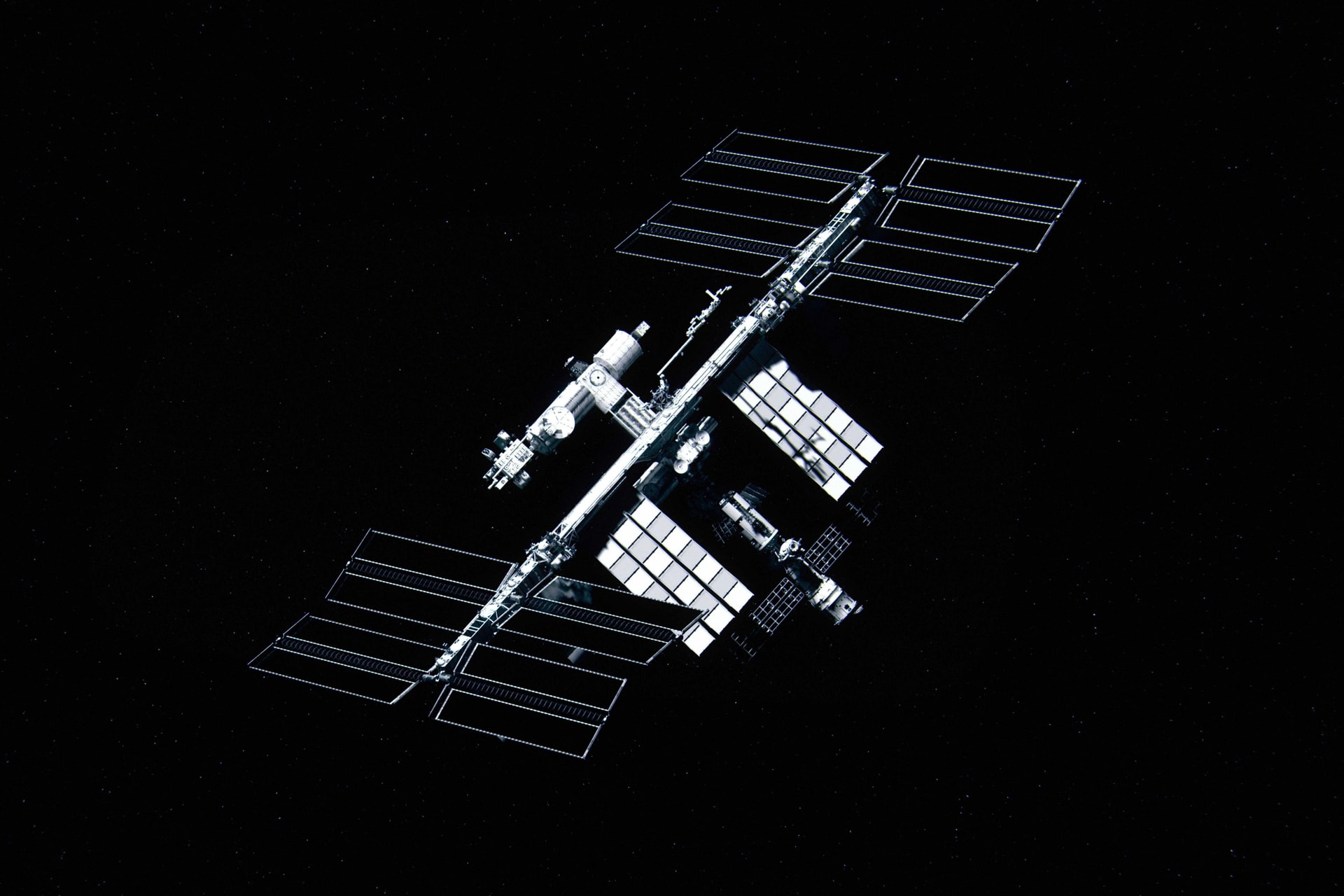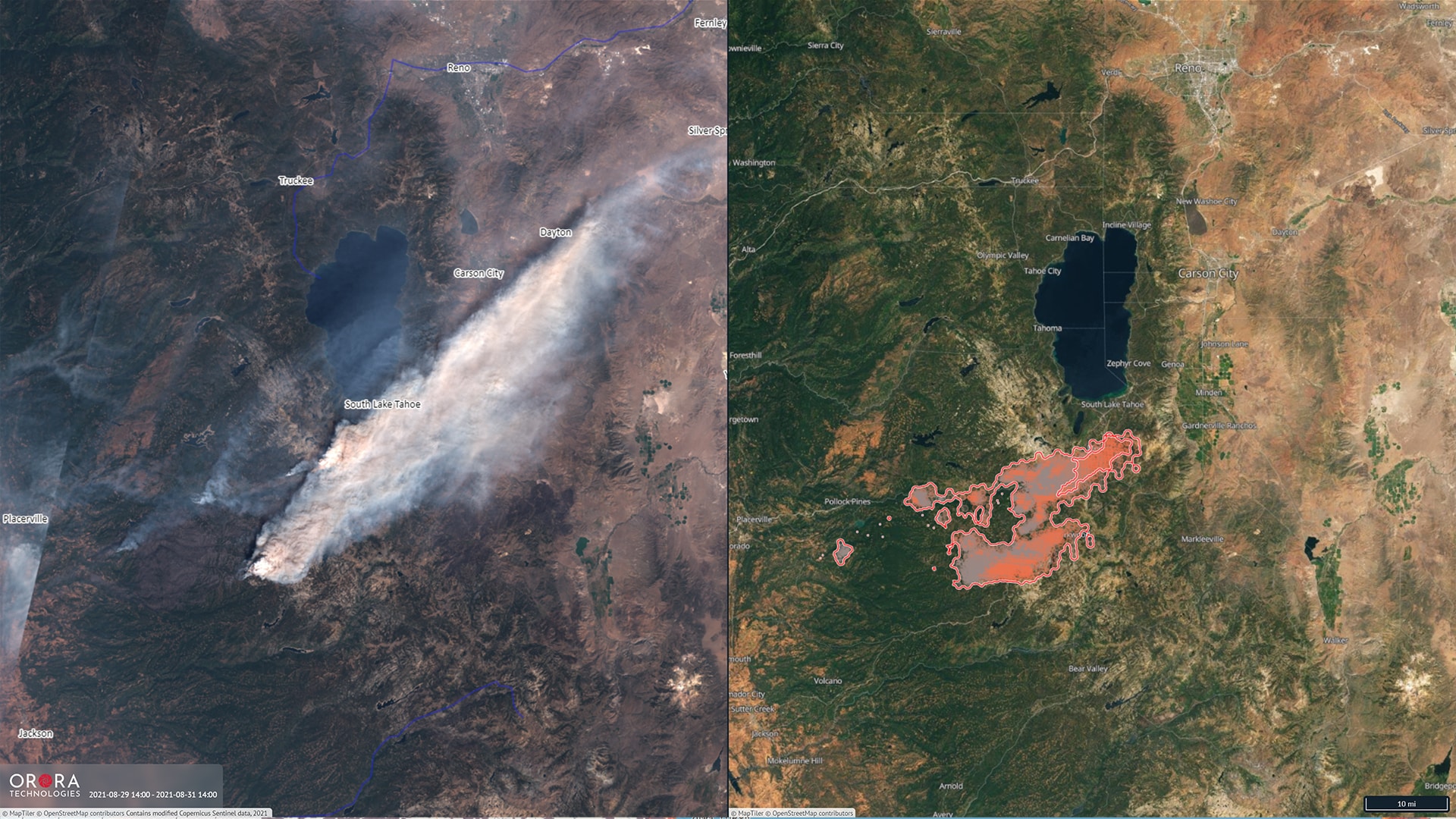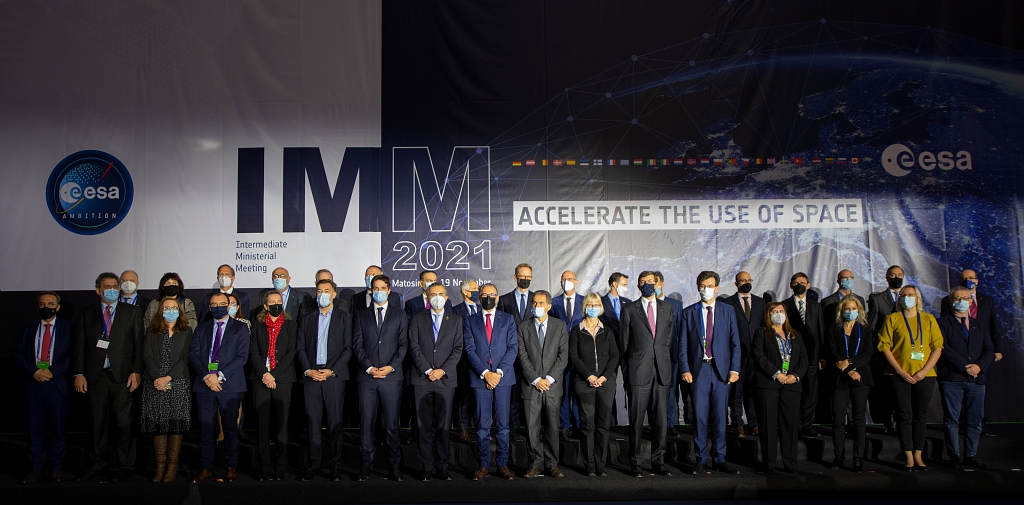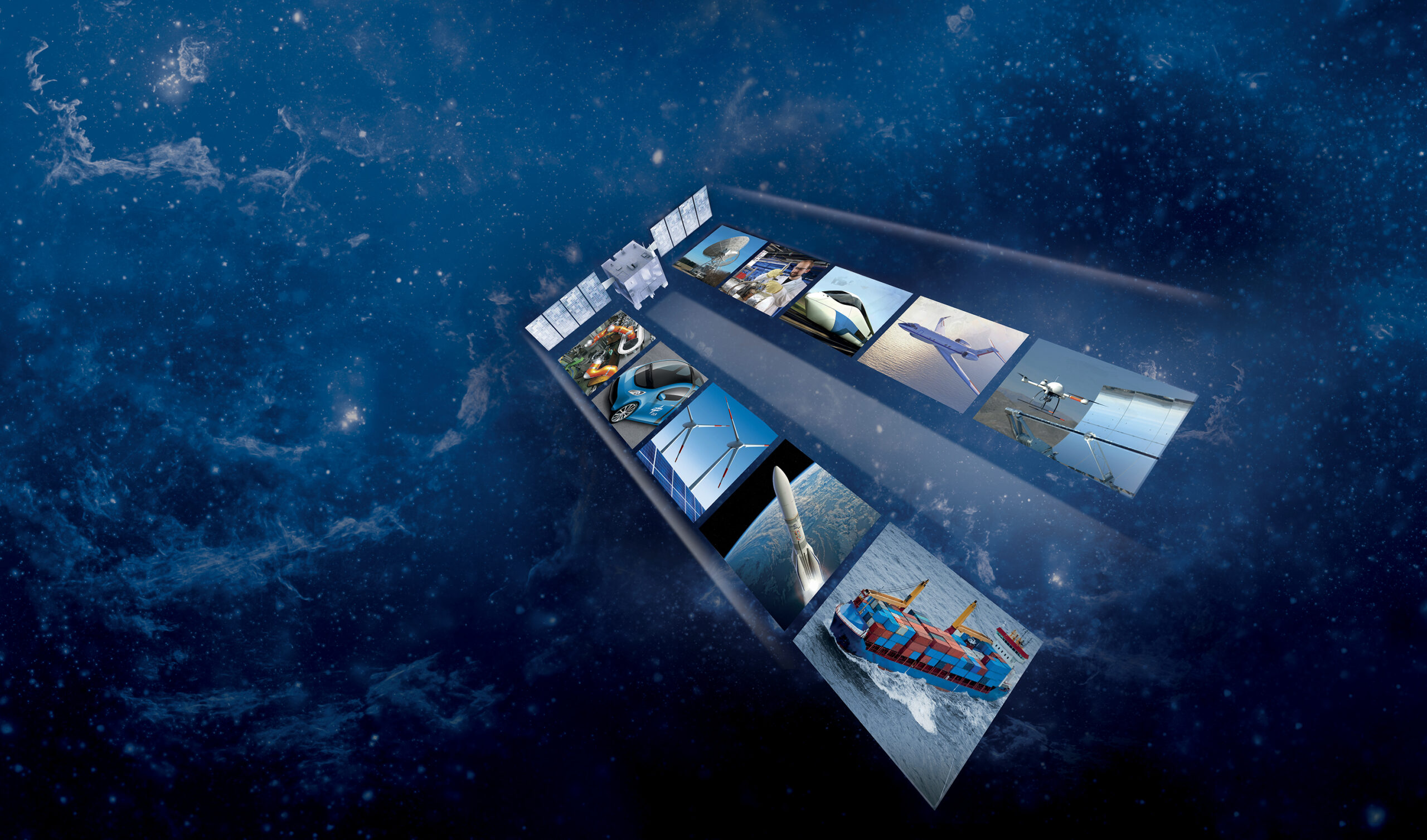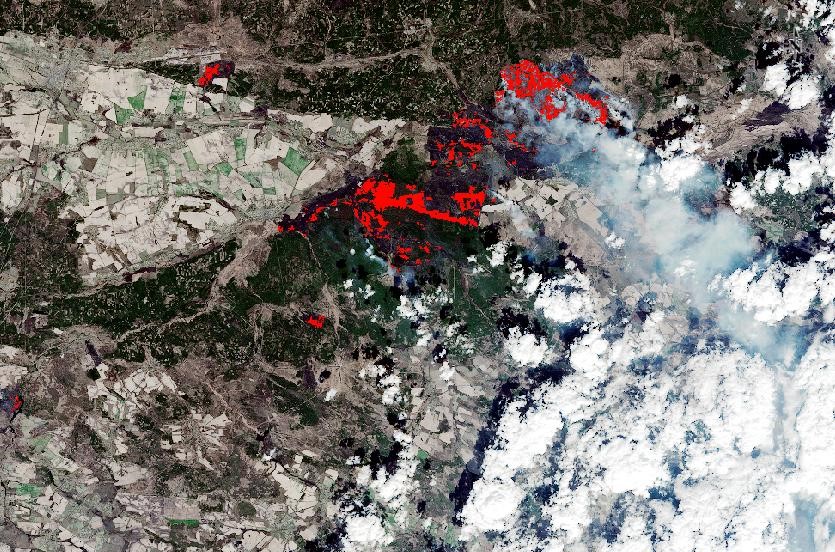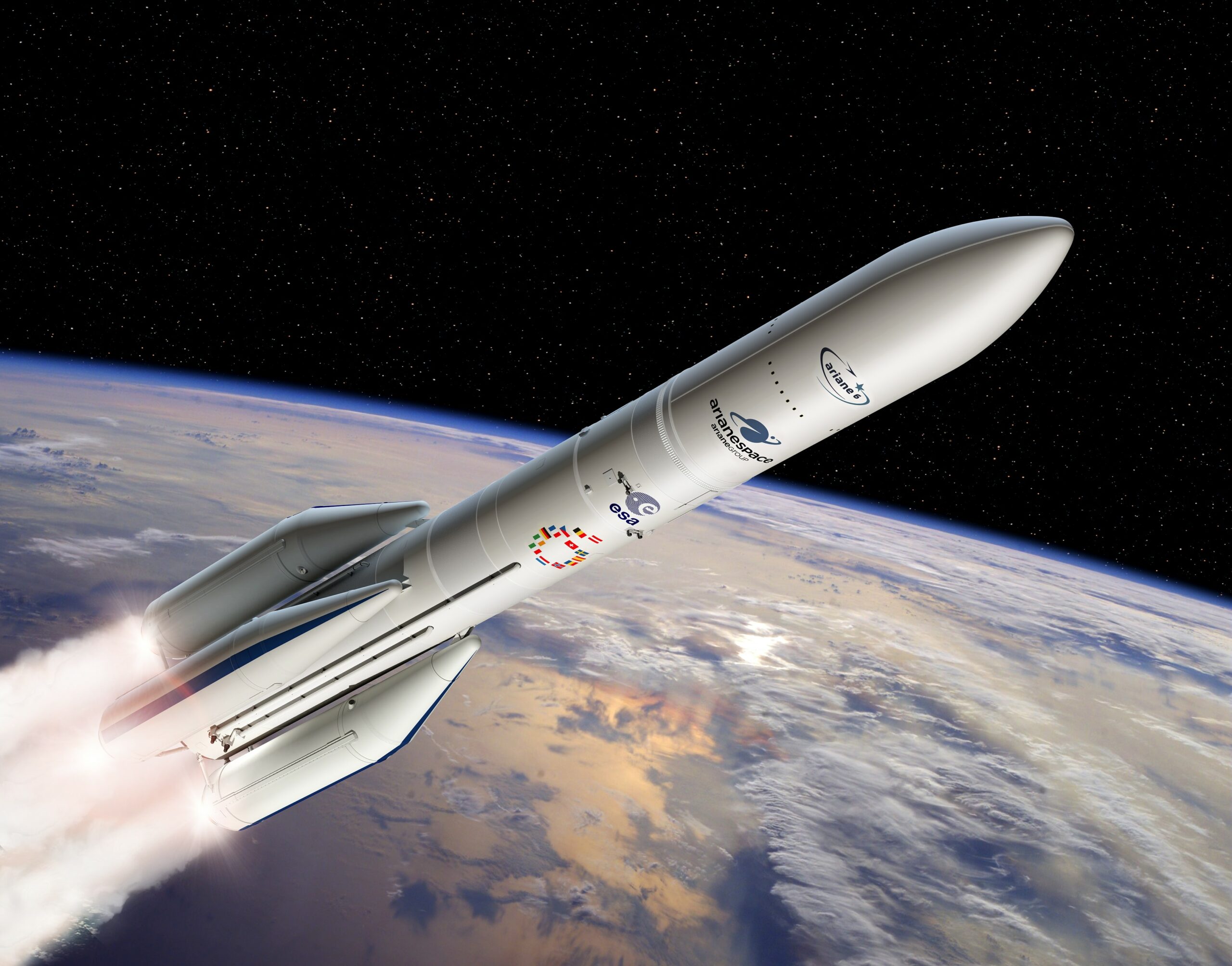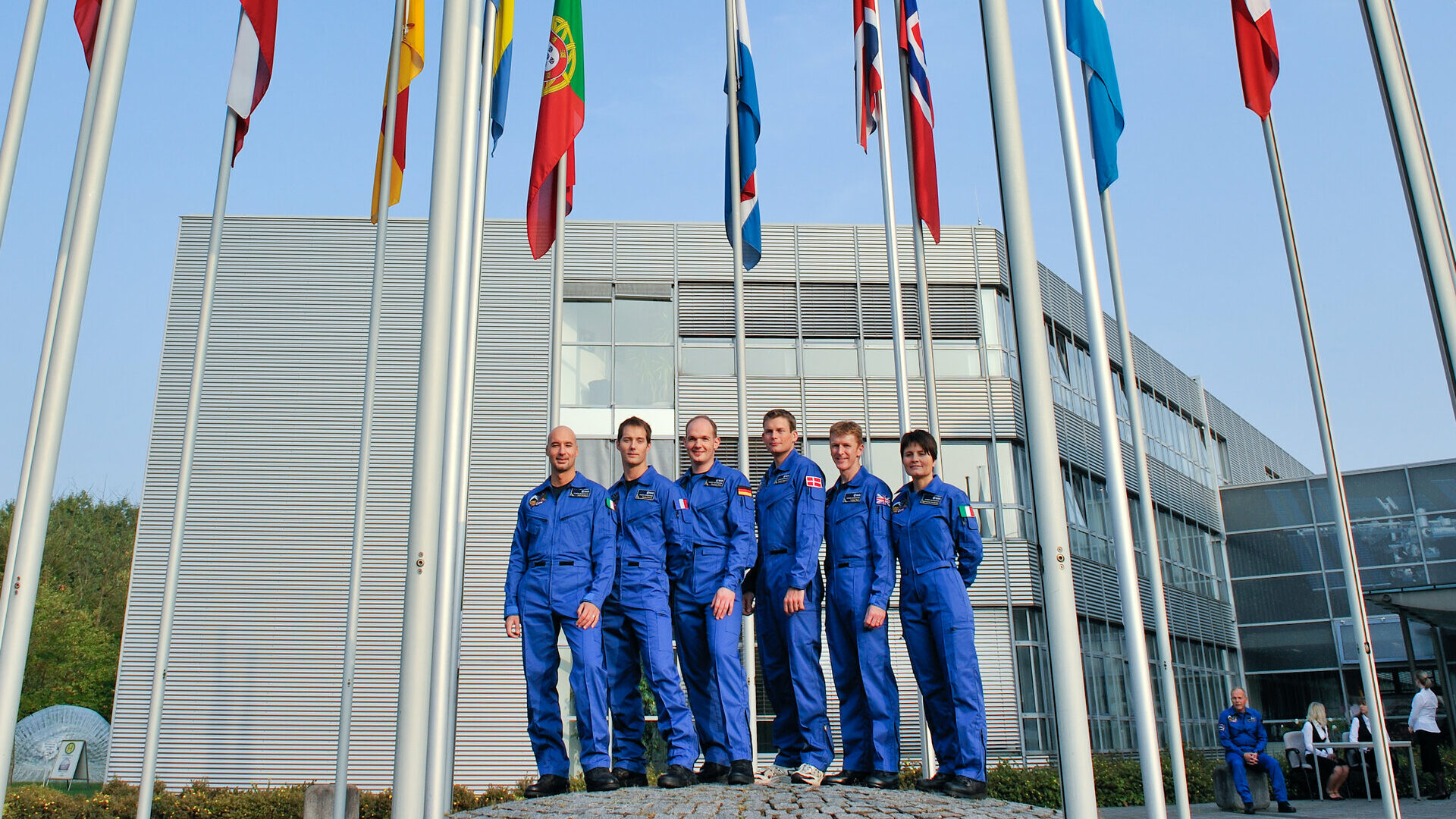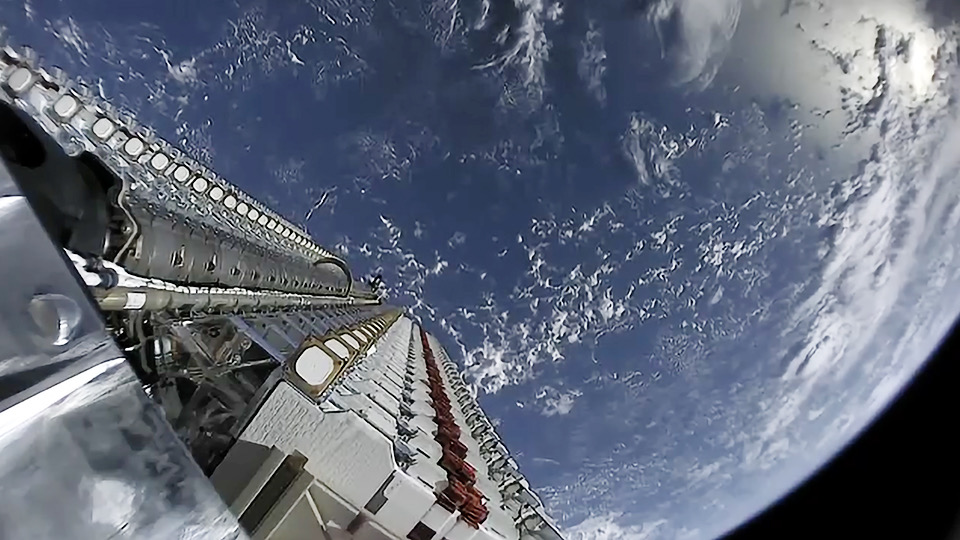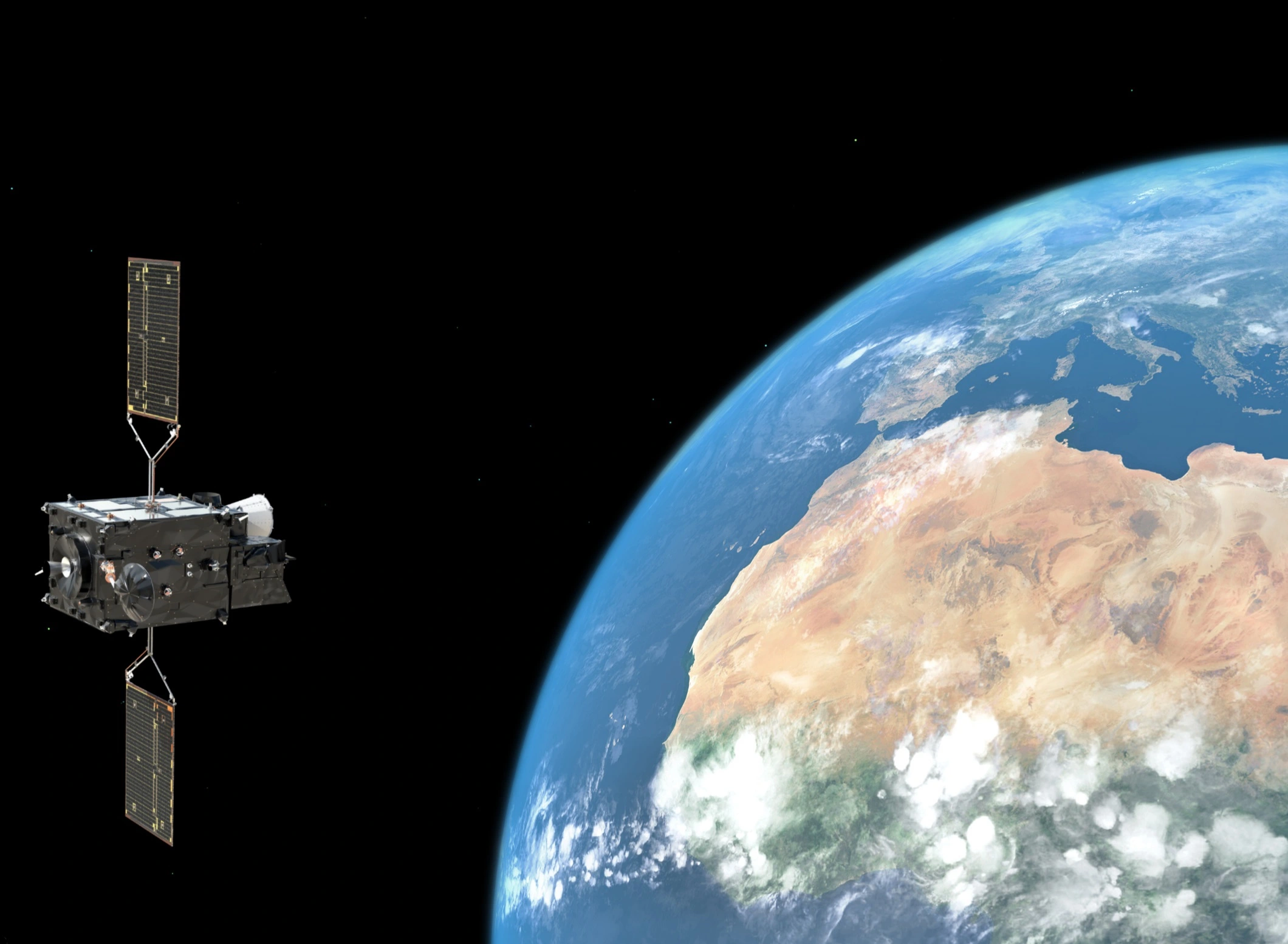
Philippines may use Copernicus data from ESA
Published on Thu, 02.02.2023 – 11:08 CET in Politics, covering ESAIn 1998, ESA and the European Commission launched the Copernicus Earth Observation Program. It became officially operational on April 1, 2012. The data collected by the satellites can be used and exploited free of charge by all citizens of an ESA member country. Now, ESA and the European Commission have signed a Memorandum of Understanding with the Philippines that will allow the Southeast Asian island nation to use the data as well.
The Philippines is one of the most vulnerable countries to climate change. Typhoons, floods, landslides and earthquakes regularly hit the island nation in the Pacific Ocean. In early 2022, the European Union committed more than €10 million for the next three years to support local climate change projects. The National Copernicus Capacity Support Action Program for the Philippines (CoPhil) also aims to help.

Koen Doens, Director General for International Partnerships at the European Commission (left) and Josef Aschbacher, Director General of ESA (right) with Pablito Mendoza, Deputy Chief of Mission and Consul General of the Embassy of the Republic of the Philippines in the Kingdom of Belgium (back); © ESA (Philippe Sebirot).
European satellite data to solve global problems
The plan is to set up a so-called Copernicus "mirror". This will allow the Philippines to use European satellite data. ESA and the EU are providing a total of €7.3 million to launch the Copernicus program in the world's fifth largest island nation. The aim is to help reduce the country's vulnerability to climate hazards. It will also support climate adaptation, food security and environmental protection.
The agreement today is further testimony that we are committed to putting European space assets at the service of managing global issues, from climate to development policy. There is high potential for further expanding this collaboration in the future, in line with the EU Green Deal and Digital Agenda goals, which also aligns with the ESA Agenda 2025.
Josef Aschbacher, Director General ESA
The Department of Science and Technology of the Philippine Government and the Philippine Space Agency (PhilSA) are the national partners for CopPhil. The CopPhil initiative is part of the EU's new Global Gateway Strategy. This is intended to promote the use of Copernicus data and information services. This in turn is expected to lead to better policy making, better planning, more transparency and engagement, and ultimately more accountability.
